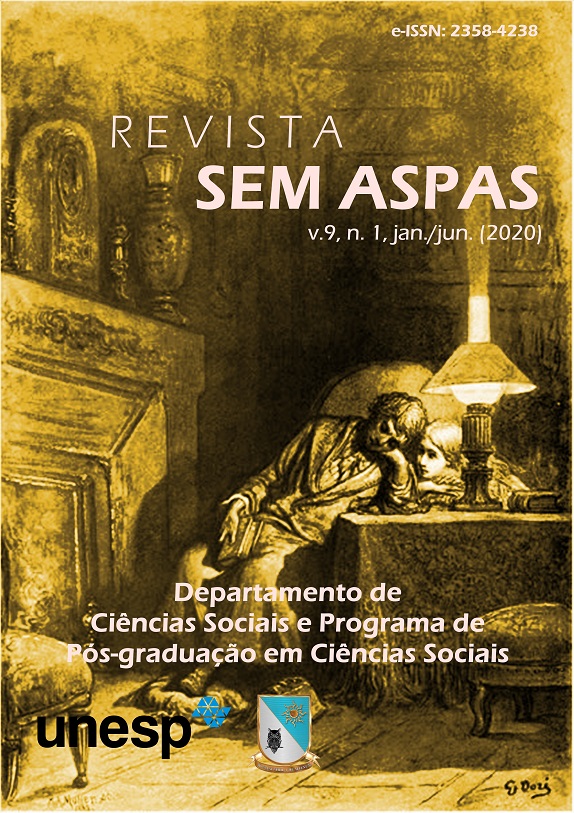Between conflicts and silences: mozambican literature as an alternative historical narrativity
DOI:
https://doi.org/10.29373/sas.v9i1.13252Keywords:
Mozambique, Literature, Coloniality, FRELIMO.Abstract
Mozambique's young independence still carries elements of the coloniality that has plagued the country. Men and women have fought not only for independence, but in a post-independence noxious civil war, a scenario in which their history was still narrated in pieces, often without a space of their own as real Mozambican narrators. The literature I recall for this reflection functions as an element of representation in the face of the silencing of the country’s own history, often told by the figure of the colonizer. The contribution I present reflects on the history of Mozambique and the development of its literature. The panoramic character of the research and analysis developed here makes reference to the process of formation of the national state, after the agreement guaranteeing the transfer of the political power to Mozambique, more specifically to FRELIMO, including the ideological contradictions of the party and the countless deviations and problems that have showed up there.
Downloads
References
CABAÇO, J. L. Moçambique: identidades colonialismo e libertação. Maputo, Moçambique, 2010.
CRAVEIRINHA, J. Babalaze das hienas. Maputo: Alcance Editores, 2008.
FERREIRA, M. C. Estratégias narrativas e identidades deslizantes em venenos de Deus, remédios do Diabo, de Mia Couto. In: Simpósio Nacional e Internacional de Letras e Linguística, 2009, Uberlândia. Anais [...]. Uberlândia: EDUFU, 2009. v. 1.
MAZULA, B. Educação, cultura e ideologia em moçambique: 1975-1985. Porto: Afrontamento, 1995.
MENDONÇA, F. Literaturas emergentes, identidades e cânone. In: RIBEIRO, M. C.; MENESES, M. P. (org.). Moçambique: das palavras escritas. Porto: Afrontamento, 2008. p. 19-33.
NEWITT, M. História de moçambique. Lisboa: Mem Martins, 2012.
NOA, F. José Craveirinha: para além da utopia. Via Atlântica, São Paulo, n. 5, p. 68-77, 9 dez. 2002.
NOA, F. Surget et Ambula: literatura e (des)construção da nação. Estudos de Sociologia, Recife, v. 2, n. 20, p. 341-369, jan./dez. 2014.
SAÚTE, N. Identidades em literatura (Espaço público, literatura e identidade) In: SERRA, Carlos (org.). Identidade, moçambicanidade, moçambicanização. Maputo: Livraria Universitária, 1998.
SOUSA, N. de. Sangue Negro. Maputo: AEMO, 1988.
Downloads
Published
How to Cite
Issue
Section
License
Copyright (c) 2020 Revista Sem Aspas

This work is licensed under a Creative Commons Attribution-NonCommercial-NoDerivatives 4.0 International License.
Os manuscritos aceitos e publicados são de propriedade da Sem Aspas. Os artigos publicados e as referências citadas na revista Sem Aspas são de inteira responsabilidade de seus autores.









